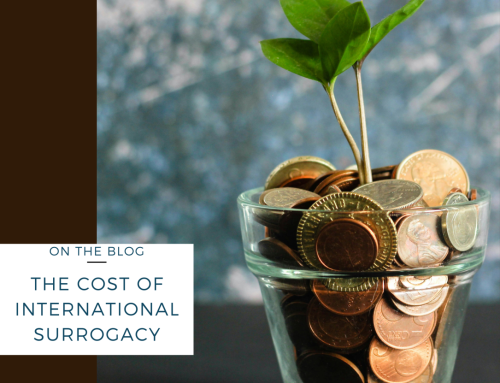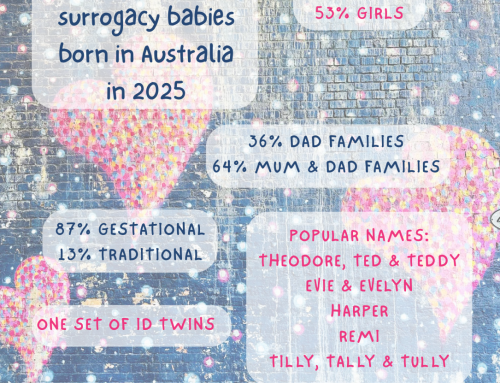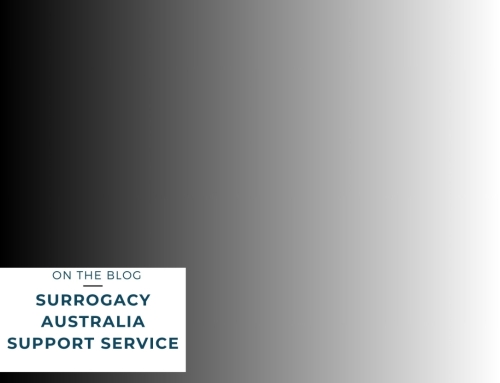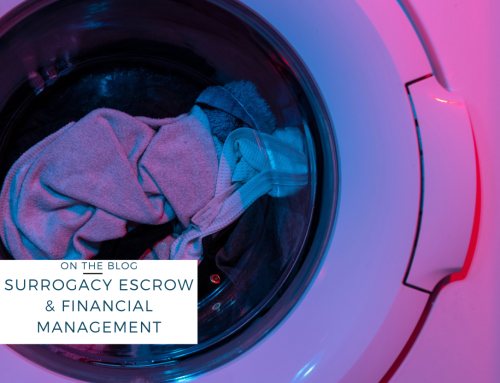Donor Agreements involve an agreement between a donor and recipient parent/s that clarifies the relationships and expectations between the parties. Donor Agreements are often used between sperm donors and their donor recipients, and not so often with egg donors. Sperm donation can be done outside a clinic, and written evidence of the arrangement is helpful for the parties to clarify their intentions when entering the arrangement.
Under the Family Law Act, a woman who has a child conceived through artificial insemination is considered to be a parent of the child, and if she has a partner at the time of conception and they consented to the treatment, then the partner is also a parent of the child. This is regardless of any genetic link the two people may have with the child. So, when a lesbian couple conceives with the assistance of a sperm donor via artificial insemination, the couple are considered the parents and the donor is not. This is also the case when a single woman has a baby with a sperm donor.
On the flipside, if a single woman conceives via ‘natural insemination,’ (otherwise known as sexual intercourse) the two people partaking in the act are likely to be considered to be parents.
Genetics do not make a parent. And as an egg donor, I find clarity and comfort in this fact, as most donors do. We don’t want to be parents, we are happy being donors. Most donors are open to being recorded as a donor in the birth record – but not listed on the Birth Certificate. And most of us understand that donor-conceived people have a right to access information about their conception and genetic heritage. For lots of us, we have an ongoing relationship with the parents, and the children grow up being told of their donor conception so it’s a non-issue.
So if the law is so clear about donors being donors and not parents, why then are people antsy about home insemination donor conception and why do donors and recipients get anxious about it? Well, the fact is the law is pretty complex, and not so clear as to who is a donor and who is a parent. Sperm donor relationships can sit anywhere on a spectrum of arrangements – from an anonymous donor known by his first name only, to a co-parenting arrangement whereby the children call him ‘Dad’ and spend time with him each weekend. Such a case was the subject of the High Court case of Masson and Parsons & Anor.
I often see keyboard experts declaring on social media that you ‘don’t need a written agreement’ and that ‘it’s not binding anyway.’ Both of those are technically true, but also deceptively simplistic. Certainly you can conceive via home insemination and not have a written agreement beforehand. And certainly every written agreement ‘isn’t binding’ on the Family Court. But there’s a lot more to it than that. For starters, having something in writing that clarifies the relationships and expectations of the parties can provide evidence of whether it’s a donor agreement or a co-parenting agreement. When registering the birth, Births Deaths and Marriages will want details of the donor and the agreement, so that the birth record can correctly identify the parent/s and the donor. If you have nothing in writing, then it might be left up to individuals’ perceptions and changing minds as to whether they are a donor or a parent. Written agreements are really helpful in making sure everyone is on the same page.
As for whether sperm or egg Donor Agreements are binding, well the law about children really says that nothing is binding on a court, and this applies to all families. The overriding and paramount consideration when determining parenting arrangements is the child’s best interests. Whether it was a donor or co-parenting arrangement is only one factor considered, and the ongoing role and relationships between the parties is another factor. But above all other factors is what is best for the child. And each child and each family is different. So, for example, if a lesbian couple conceives with the help of their friend with the understanding that he is Donor Only, but later he spends substantial and significant time with the child and the child calls him Uncle, then he might not be recognised as a parent, but he might be recognised as someone concerned with the care, welfare or development of the child and therefore can seek parenting orders under the Family Law Act.
For some people, the lack of certainty can be terrifying, and this is one reason why they might turn to clinic-assisted conception, which provides formal documentation that it’s a donor arrangement only. But with so much conception now happening via online channels, getting legal advice and having a written agreement can provide clarity and security to everyone involved, and also protects the interests of the child.
You might like to read more about the consequences of donor conception, and also my reflections as an egg donor. For more information, have a listen to Kate from VARTA talking about donor-conception, donor-linking and what donor-conceived people want to know about their donors. My sister, Claire, and her wife Cass, conceived their daughter with a known donor, and they talked about it with me on the Podcast.
Read more about Donor Agreements and having one drafted for your circumstances.








